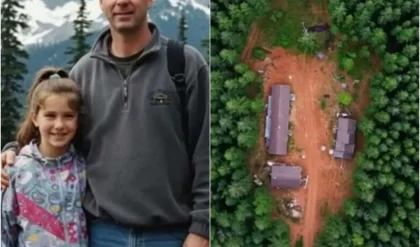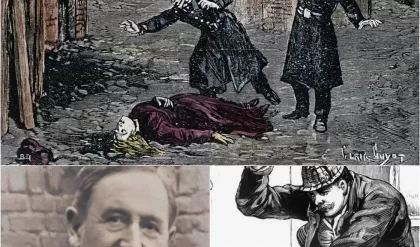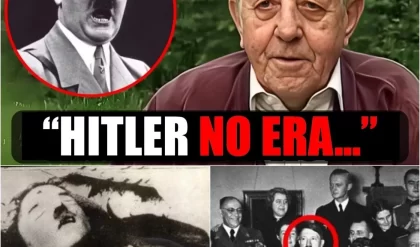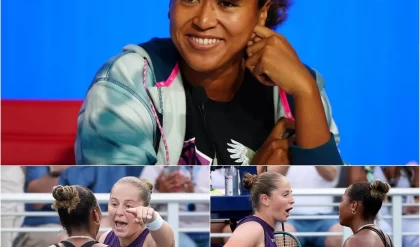“I Fell To My Knees And Started Crying” Magic Johnson’s Wife Cookie Shares Her Reaction When Her Husband Announced He Was HIV Positive, Leaving Her Devastated
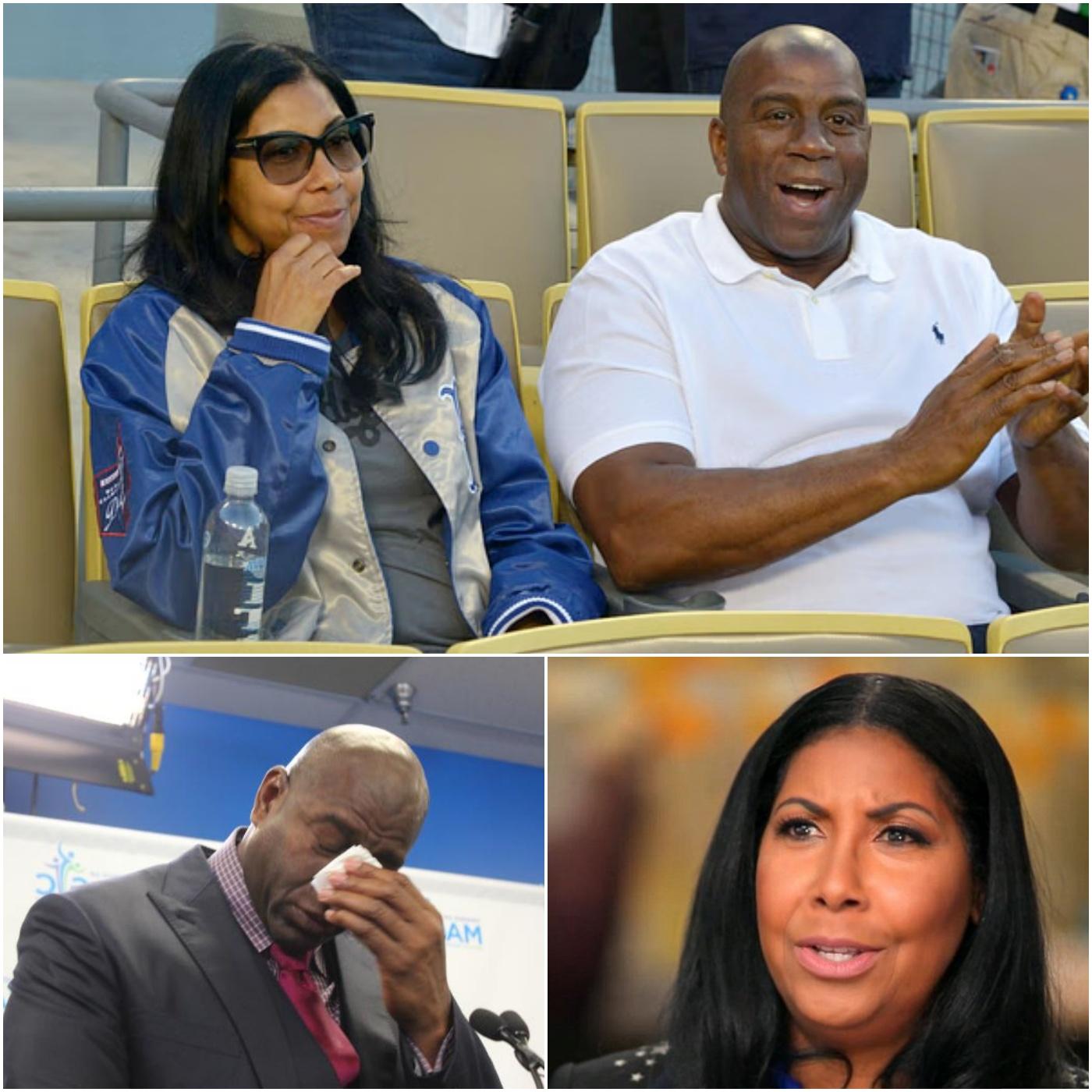
In 1991, the world of sports was rocked by a revelation that transcended basketball, leaving an indelible mark on public health awareness. Earvin “Magic” Johnson, the Los Angeles Lakers’ legendary point guard, announced he was HIV-positive, a diagnosis that carried immense stigma at the time. For his wife, Cookie Johnson, the news was a devastating blow that tested the strength of their newly formed marriage. In a series of heartfelt interviews, most notably with Good Morning America in 2016, Cookie recounted the moment she learned of her husband’s diagnosis, a moment that brought her to her knees in fear and sorrow. “It scared me to death. I mean, I fell to my knees. We both fell on our knees and we started crying,” she shared, her voice breaking with the weight of that memory.
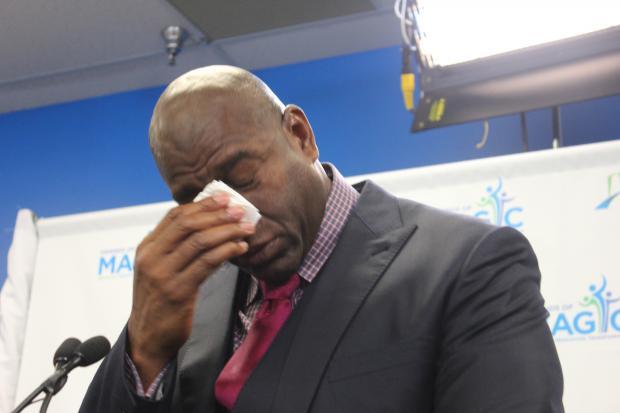
The Johnsons had been married for just 45 days when Magic received the life-altering news from Lakers team doctor Michael Mellman. The couple, who met as students at Michigan State University, were expecting their first child, Earvin “E.J.” Johnson III. The diagnosis came at a time when HIV was widely misunderstood, often considered a death sentence due to limited medical knowledge and the absence of effective treatments. Cookie’s immediate fear was not only for her husband’s life but also for her own health and that of their unborn child. “I didn’t have time to get mad about whatever happened, you know, or start asking questions. [My mind] went to, ‘He is possibly going to die,’” she told interviewer Robin Roberts. The agonizing 10-day wait for her own HIV test results, which thankfully came back negative, was a period of intense emotional turmoil.
Magic’s diagnosis forced the couple to confront not only the medical implications but also the personal and social challenges that followed. Cookie faced the painful reality of her husband’s past infidelity, as Magic had contracted the virus through unprotected heterosexual sex, a fact he later disclosed publicly. The process of Magic contacting former partners to inform them of his diagnosis was particularly harrowing for Cookie. “It was like, ‘Who is he calling? You know, why is he in there so long?’” she recalled, describing the heartache of that day. Despite the betrayal, Cookie’s love for Magic remained unwavering. When he offered her the option to leave, she responded with fierce determination: “Are you kidding me? No. I love you. I’m gonna stay here and help you live.”
The couple’s journey through this crisis was not just a private struggle but a public one, as Magic chose to announce his diagnosis to the world on November 7, 1991. Cookie initially opposed the decision, fearing the stigma and discrimination their family might face. “At that time, people weren’t educated. So they thought you couldn’t touch people, you couldn’t hug people,” she explained in a 2021 CBS Mornings interview with Gayle King. Yet, she stood by his side, wearing a white suit to the press conference to symbolize hope and positivity. This moment marked the beginning of their transformation into advocates for HIV/AIDS awareness.
Together, Magic and Cookie turned their personal ordeal into a powerful platform for change. They founded the Magic Johnson Foundation in 1991 to support HIV/AIDS education, prevention, and care, particularly in underserved Black and Brown communities. Their advocacy helped dispel myths about the virus, with Magic emphasizing that HIV could affect anyone, regardless of background or lifestyle. “Sometimes we think only gay people can get it, it’s not going to happen to me. Here I am saying it can happen to anybody,” he said at his 1991 press conference. The couple’s efforts were bolstered by the guidance of AIDS activist Elizabeth Glaser, who helped them navigate the emotional and public challenges of the diagnosis.
Over the past three decades, Magic has lived a healthy and productive life, with his HIV now undetectable thanks to advancements in medical treatment. Cookie’s steadfast support has been a cornerstone of his journey, as he often credits her strength and faith for their enduring partnership. “This woman here, God let me know why I married her,” Magic said in 2016, reflecting on their shared resilience. Their story, detailed in Cookie’s memoir Believing in Magic, is a testament to love, perseverance, and the power of turning personal pain into a public mission. Today, the Johnsons continue to advocate for HIV awareness, reminding the world that hope and education can transform even the most devastating moments.
